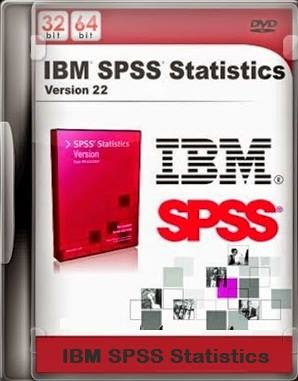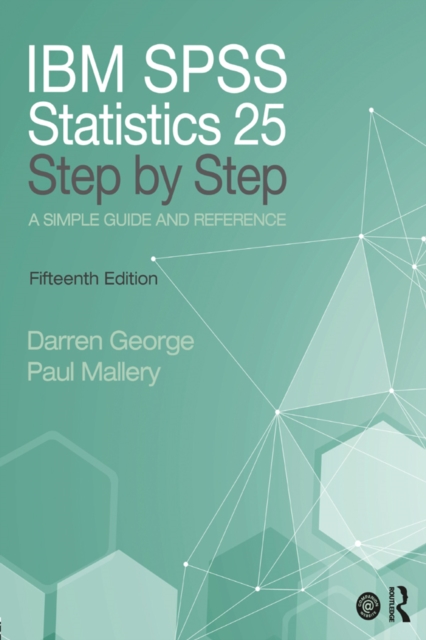

In this retrospective analysis, we aimed to evaluate the prognostic significance of SII in patients with mRCC treated with TKIs. After Hu et al.showed its prognostic value in 2014, many studies established that SII couldbe a good prognostic marker in many cancer types 8. SIIis a combination based on the peripheral lymphocyte, neutrophil, and platelet counts. The prognostic significance of inflammatory cell parameters, such as neutrophil–lymphocyte ratio (NLR), platelet-lymphocyte ratio (PLR), C-reactive protein/albumin ratio, and systemic immune inflammation index (SII), were examined in many cancer types over the last ten years 8, 9, 10, 11, 12, 13, 14, 15. Inflammatory-related peripheral cells (e.g., neutrophils, lymphocytes, platelets) derived from the peripheral blood were associated with tumor progression in various tumors. Althoughthe IMDC is a commonly usedprognostic scoring system, efforts to find a novel scoring system with fewer parameters are still continuing. The IMDC risk score is calculated by the following six parameters: Karnofsky performance status, time from diagnosis to the first systemic treatment, hemoglobin concentration, neutrophils,platelets, and corrected calcium levels. Thus, the International Metastatic RCC Database (IMDC)risk model is the standard for prognostic stratificationofpatients with mRCC treated with targeted therapies or ICIs 6, 7. In parallel to the improvements in the treatment of mRCC, prognostic risk toolsbecame essential duringthe decision-making process in the treatment of mRCC patients.
#Ibm spss statistics student version 18.0 free download plus
In 2020, about 3% of all adult malignancies with an estimated 431,288new RCC cases were observed across the world 1, 2.More than 30% ofpatients diagnosed with RCC need systemic therapy for metastatic disease 3.In the last decade, huge improvements have been observed in the mRCC treatment.Thus, immune checkpoint inhibitor (ICI) plus tyrosine kinase inhibitor (TKI)or ICI plus ICI combinations improved survival in patients with metastatic RCC (mRCC) 4, 5.

Renal cell carcinoma (RCC)accounts for 90–95% of all kidney cancers. 7.7 months, p < 0.001).In multivariableanalysis, SII was an independent prognostic factor for OS (hazard ratio (HR):1.39, 95% confidence interval (CI):1.05–1.85, p = 0.01) and PFS (HR:1.60, 95% CI:1.24–2.05, p < 0.001).Pre-treatment level of high SII might be considered a predictor of poor prognosisin patients with mRCC treated with TKIs.


Similarly, the median progression-free survival (PFS) was longer in the SII-low group than in the SII-high group (18.0 months vs. The median overall survival (OS) was longer in the SII-low group than in the SII-high group (34.6 months vs. 5.8%, p = 0.026) metastasis, and those with Eastern Cooperative Oncology Group(ECOG) 2–4 performance score (28.1% vs.17.7%, p = 0.002) were more common in the SII-high group than in the SII-low group. On the other hand, patients with the IMDC poorrisk (31.6% vs. 64.2%, p < 0.001) was higher in the SII-low group than in the SII-high group. However, the rate of patients treated with sunitinib (63.3% vs. In general, baseline characteristics were similar in each group. There were 311 and 310 patients in the SII-low and SII-high groups, respectively. The majority of patients (85.7%) had clear cell histology, and sarcomatoid differentiation was observed in 16.9% of all patients. The median age of patients was 60 (interquartile range (IQR):53–67) years. The minimal follow-up duration was 10 months in all cohorts. SII was calculated in 621 patients with the following formula: / lymphocyte (cellsx10 9/L).All patients were classified into SII-high and SII-low groups based on the cut-off value of SII at 756, which was the median SII level of our study group. A total of 706patients with mRCC treated with tyrosine kinase inhibitors (TKIs)between January 2007 and June 2020 (i.e., sunitinib, pazopanib) were included in this study. This study aims to investigate the prognostic value of the systemic immune-inflammation index (SII)and its impact on survival in patients with metastatic renal cell carcinoma (mRCC).


 0 kommentar(er)
0 kommentar(er)
